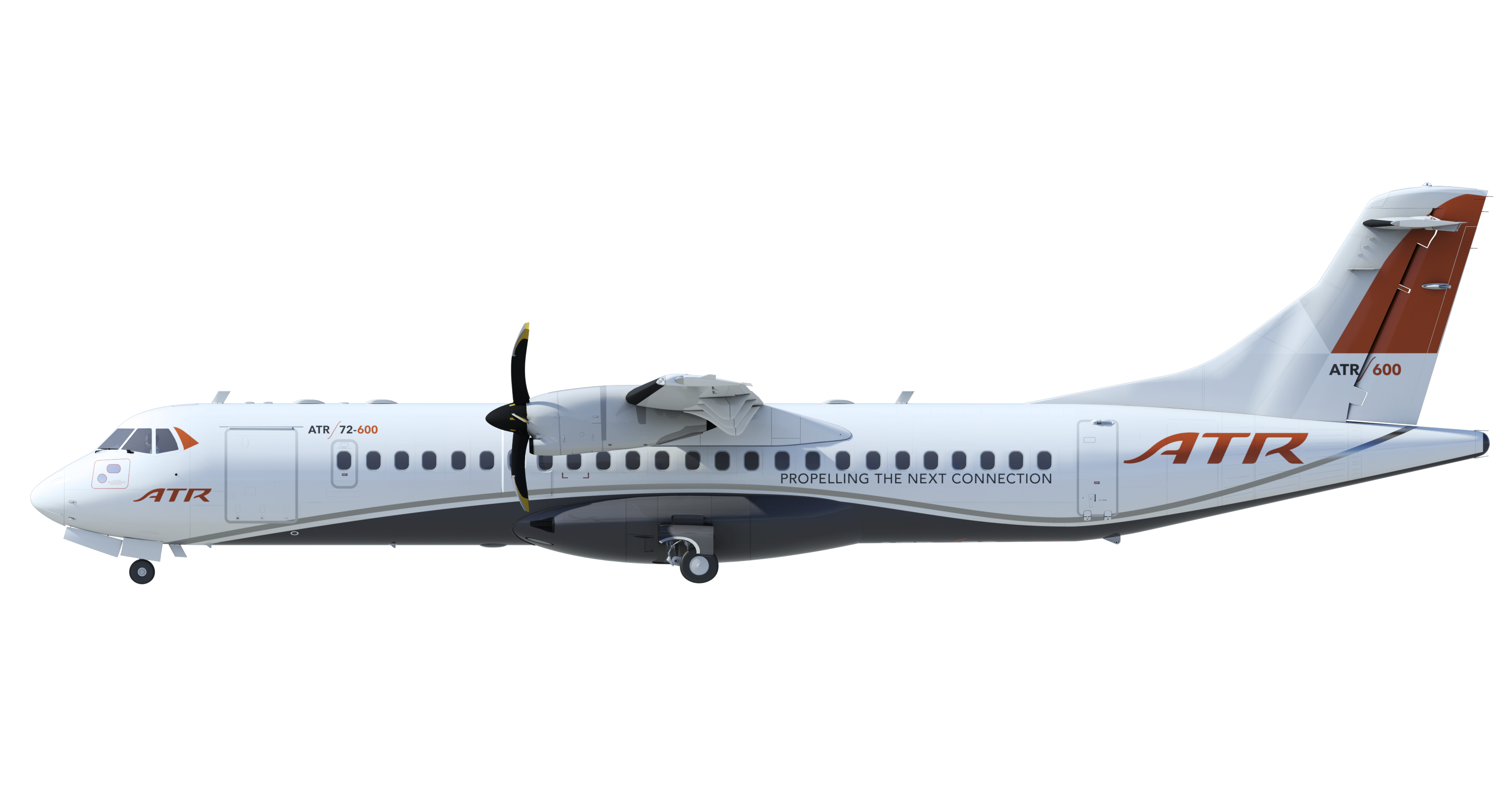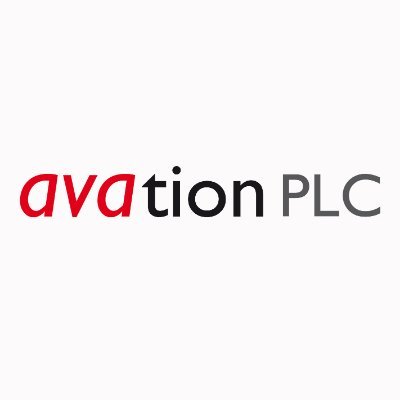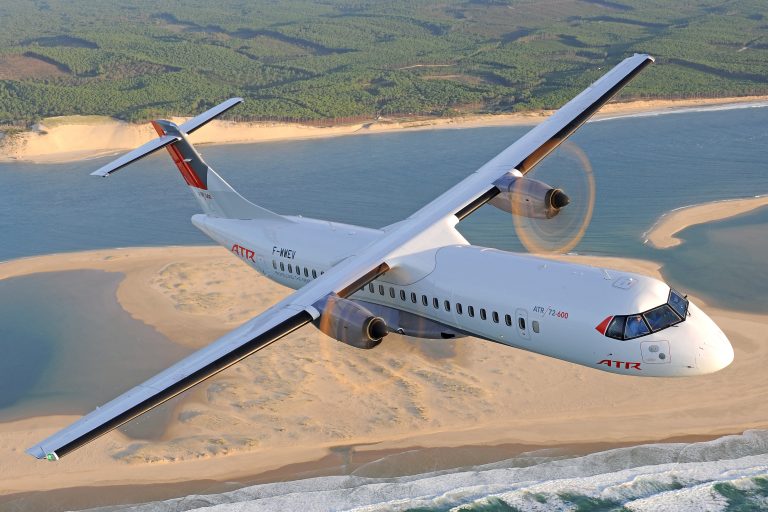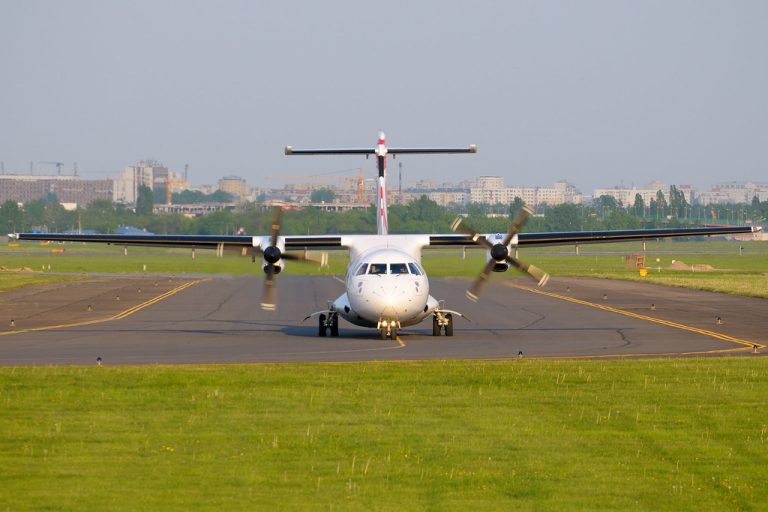Avation plc (LON:AVAP) Executive Chairman Jeff Chatfield caught up with DirectorsTalk discuss the move to lower CO2 engines, bringing forward ATF deliveries if needed, the best return for excess case, further bond repurchases and the company’s NAV per share.
Q1: In your outlook, you mentioned the company’s future strategy will focus on leasing modern, low CO2 emissions and fuel efficient aircraft. When are you expecting the move to lower CO2 engines?
A1: Well, our strategy is in line with industry developments and demand so most new aircraft being produced, modern commercial passenger aircraft, there is a low CO2 pathway for them.
So, what we’re doing with our companies is taking advantage of that transition because clearly, there’s consumer demand, there’s regulatory push and the airlines want new stuff so we’re happy to provide it so the transition is occurring quite quickly.
Interestingly, the fastest transition is occurring with turbo prop aircraft so right now, there are turbo prop aircraft that can fly with 50% sustainable aviation fuel and at the latest by 2025, you’ll be able to fly without 100% sustainable aviation fuel in good aircraft like the ATR 72 with the new engines. So, it’s very very fast in turbo props, the rest of them in terms of sustainable aviation fuel will take a bot longer, maybe by the end of the decade.
In terms of the other things that people are talking about in terms of hydrogen and/or electric, in my option, that’ll take a while, I don’t think that’s as immediate. I think the low CO2 pathway is aligned with sustainable aviation fuel which is good enough, it virtually eliminates most of CO2 emissions anyway.
Q2: So, once PW127XT engines start delivering, should it result in a large CO2 emissions reduction for your fleet?
A2: Yes, so all of our aircraft that are delivered from now new, will have that engine so in other words, over time 100% transition. Interestingly, the existing aircraft can also fly with 50% sustainable aviation fuel so we have aircraft right now in Scandinavia with an airline that’s doing that .
So, it’s already occurring but the new engine type makes it even faster, and there’s other benefits of that engine in terms of maintenance costs and time on wing and all that sort of stuff. So, there’s low CO2 as well as other benefits associated with that.
Q3: Once the fleet is 100% utilised again, can you bring forward ATR deliveries if needed?
A3: Yes, so we’re watching with interest the ATR world, if you like, which is pretty big, there’s more ATR operators than there are 737NG operators so there’s over 200 operators. So, we’re watching that world closely.
We’re very interested to see what happens in terms of fleet rollover because a lot of them have got pretty old and you don’t really want to fly around with old aircraft so there’s something like 1,200 aircraft out there that are over retirement age so there needs to be a rollover at some point to new aircraft.
So, we’re watching with interest because clearly, it’s a massive market if it all comes together, there’s no guarantee it will but it looks interesting.
Q4: Now, if Avation has excess cash, where do you see the best return for that cash currently?
A4: At the moment, because of the quirks of modern finance, if you’re working for your shareholders, the best equity returns come from effectively getting rid of debt.
So, we’ve been retiring massive amounts of debt in the last couple of years, we’ve been paying off something of the order of $50 million every six months. So, we’re just chomping through the leverage because what happens if you think about it, aircraft depreciate slower than the debt so we’re getting rid of debt.
You don’t want lots of debt when interest rates are going up , we were always expecting interest rates to go up so we were always, if you like, had a lot of fixed interest rate loans or swaps to lock in a coupon so if interest rates go up, we were somewhat protection.
Now, we’re over 90% fixed which is fantastic and leverage has come down, we’re now down to 62% net debt to total assets which is great and it’s actually, for our business, a low number.
So, with deleveraging, killing off debt, that gives you the best return for shareholders. I’m sure shareholders would love to say ‘we’re going to go and buy lots of airplanes’ but in reality and economically for them, the best thing for us to do is get rid of debt.
Q5: Do you expect further bond repurchases will be tenders or open market purchases and why would you think that?
A5: As long as you buy them, it doesn’t really matter how you do it, we’ve done both. We did a bond tender recently, we got a few bonds, before that we’ve also bought them on open market.
It’s just a corporate finance thing, if there’s an opportunity to buy some and you have an inbound enquiry from someone that wants to sell some then you look at it at the time. They own them you can’t force them to sell so you just sit there and wait, more than anything.
We’re stable, we’ve got fixed borrowings and fixed coupons and all that sort of stuff, as stable as anyone in the airline business can be, but a lot of those financial counterparts, you never know what their situation is.
Q6: Avation NAV per share is GBP 2.82 but the share price is about GBP 1.40 or about 50%, why do you think that is?
A6: I think share prices are a matter of promotion, they’re a matter of investor base, they’re a matter of function of recent history, investor timetable, investor timeframe and I think COVID created a lot of turmoil through the airline sector.
Consequently, investors are a bit shy of anything travel related. However, that’s changing as it’s obviously recovering. We haven’t done a lot of investor relations in the last couple of years so if you don’t go and talk to shareholders, they tend to forget about you so you do need to go and market to them a bit. You’ve had a few of the investors, obviously for various reasons, need liquidity and sell.
So, I think it a combination of things, obviously you can’t have a share price that’s 50% of NAV all the time, forever, it’s not a good thing but it’s promotion and time that generally closes that gap








































